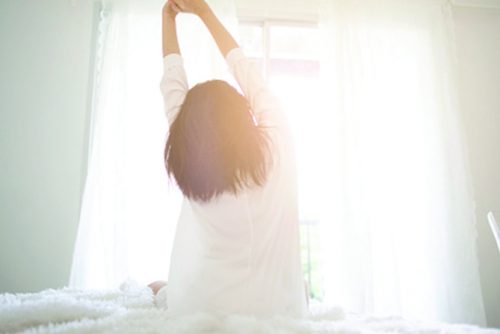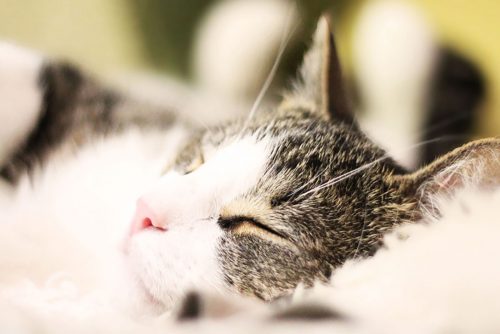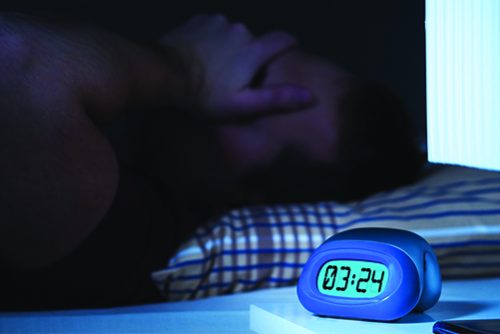Insomnia
Do you toss and turn all night rather than sleep and dream? Do you struggle to drop off no matter how tired you get? Or are you waking up in the early hours, lying awake and anxiously watching the clock?
If so, you’re not alone. Insomnia is a very common problem that drains your energy and affects your mood and your ability to function during the day. Chronic insomnia can even lead to serious health problems. Sleepless nights are not only exhausting – they drain you of your physical, mental and emotional capacity. Even more so when you don’t understand why you’re not sleeping. Our naturopaths can assess your symptoms and recommend any necessary test to confirm the underlying cause for your insomnia.
Here are some of the more common symptoms. Two or more could suggest you are suffering from insomnia.
- Finding it hard to go to sleep
- Waking up several times during the night
- Lying awake at night worrying
- Waking up too early and not going back to sleep
- Still feeling tired after waking up
- Finding it hard to nap during the day, even though you're tired
- Feeling tired, irritable
- Decreased performance in work or at school
- Finding it difficult to concentrate during the day because of tiredness
Studies show that 4 out of 10 adults in Hong Kong suffer from insomnia.
Research showed it took an average of 21 minutes to fall asleep, resulting in just 6.46 hours of sleep a night. The recommended amount? At least 7 hours. Sleep deprivation is common in adults and children alike, especially with our 24/7 world that never seems to switch off.
Insomnia is caused by a number of physical, psychological and/or lifestyle issues. If sleepless nights persist for more than one month, the problem is considered chronic.
Physical:
Medical conditions and illnesses such as asthma, pain, sleep apnoea, and hormone imbalances (e.g. hyperthyroidism) can upset your body’s natural circadian rhythm.
Psychological:
Life transitions and stressors like a major life event, changes at work or in a relationship, being a new parent, loss, shock, anxiety, and depression affect our emotions, which in turn, disrupts our sleep pattern. Our early attachment behaviours from when we were a baby, can also affect how we sleep as an adult. Which might explain why some people sleep more when they’re experiencing a problem, while others find dropping off more elusive.
Lifestyle:
Caffeine, alcohol and food intolerances can harm your ability to sleep and sleep quality. Environment can also disrupt sleep, your bedroom may be too light, too hot, too cold, too noisy or distracting.
Your first port of call should be with one of our naturopathic practitioners. They can assess your symptoms and recommend the right tests to identify the underlying cause of your insomnia.
If anxiety, or other mental health conditions are keeping you up at night, our naturopaths may recommend counselling or other therapeutic practises like acupuncture to relieve your stress levels.
What’s next?
Simply call +852 2523 7121, or connect with us below, and we'll be in touch shortly.
“Blue light from mobile phones and some other lights on electrical equipment are most disruptive to melatonin levels. Turning off the phone 45 minutes before bed is one way to prevent sleep delay.”
– Graeme Bradshaw, IMI Founding Director
Articles, blogs, videos and resources:
From acupuncture to traditional Chinese Medicine and homeopathic approaches. We have various articles on the topic of sleep, sleep disorders, medications, tips and natural alternatives to sleeping meds – including the latest scientific research and treatments.
Safeguard your sleep the natural way
Anita’s wake-up call came moments after she dropped her children off at school and was jarred awake by her car scraping against a stationary car. She had dozed off at...
What can you do to sleep better?
“I can’t fall asleep easily,” “I can’t switch off at night,” “I go to bed late and then wake up super early the next morning,” “I feel like a zombie...
Why do you need magnesium?
Most older teen and adult diets are at least 100mg short of the recommended daily intake of 350-400mg depending on body weight. Magnesium is often removed from commonly consumed processed...
Have trouble sleeping? – an article featured in South China Morning Post
Melatonin and sleep
Ever tried Melatonin when you’ve had trouble sleeping, and it hasn’t worked? Well, there might be a reason for that, Melatonin might not be the right choice for what you’re...




